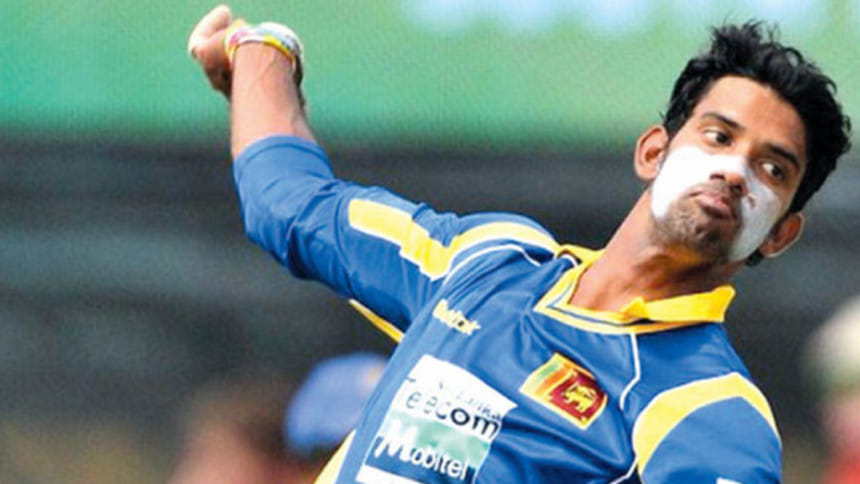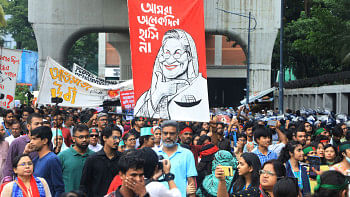SL authority cracks down on illegal bowling actions

Sri Lanka Cricket's Illegal Bowling Action Committee (IBAC), headed by former double international Ishak Sahabdeen, has taken several steps to eradicate suspect actions with the immediate aim of ensuring their players are not pulled up during the Under-19 World Cup in Bangladesh next year.
"At the last Under-19 World Cup held in UAE in 2014, three of our bowlers were reported for suspect actions, this is not a good sign for us as a cricketing playing nation," said Sahabdeen, who represented Sri Lanka at cricket and hockey. "We want to make sure that we are clean at the next World Cup."
As a first step, Sahabdeen said seven bowlers would be sent to the ICC-accredited testing centre for suspected bowling actions in Chennai to be assessed ahead of the Under-19 World Cup.
To curb this problem the IBAC will also come down firmly on school coaches, who after a period of time could have their coaching license suspended or cancelled if they fail to report or correct bowlers with suspect actions.
"With the under-13 and under-19 seasons commencing in the first week of September, we have requested the Sri Lanka Schools Cricket Association to register each certificate number of the respective coaches, like they register the players," Sahabdeen said.
Sahabdeen said the IBAC had also decided to ban school cricketers from wearing long sleeves, elbow guards, skins and tubing while bowling so that their elbows are exposed. This rule will be implemented from September.
According to Sahabdeen, 80% of the 170 bowlers reported in domestic cricket this year, from under-13 age group to the Premier League, were offspinners. "These bowlers try to bowl the doosra and the faster ball and eventually end up being reported for throwing because they exceed the 15-degree limit." Only 41 of those 170 bowlers have been cleared by the IBAC, and Sahabdeen fears the other 129 will have their careers curtailed because nothing can be done about their actions.
Sahabdeen held the coaches responsible. "There are two sides to it. In most instances it is their ignorance of what constitutes an illegal delivery and the other is that they don't want to correct the bowler's action or report him as it would reduce his effectiveness and the team's performances would suffer eventually."
In order to educate and create awareness among school and club coaches, the IBAC printed posters in three languages - Sinhala, English and Tamil - which are to be displayed at all school and club grounds and on notice boards of schools and clubs. The IBAC also brought Richard Dunne, the ICC human resources manager, to educate the coaches on suspect bowling actions - workshops were conducted in Colombo, Galle, Dambulla and Kandy with a total of 160 coaches attending.
Apart from Sahabdeen, the IBAC comprises former Sri Lanka fast bowlers Graeme Labrooy and Eric Upashantha, along with umpires' educator Tyron Wijewardene and Head of Coaching Unit Jerome Jayaratne. Sahabdeen said the drive to eradicate illegal bowling gathered momentum after Sri Lanka offspinner Sachitra Senanayake was reported for a suspect action during the tour of England in 2014.

 For all latest news, follow The Daily Star's Google News channel.
For all latest news, follow The Daily Star's Google News channel. 



Comments